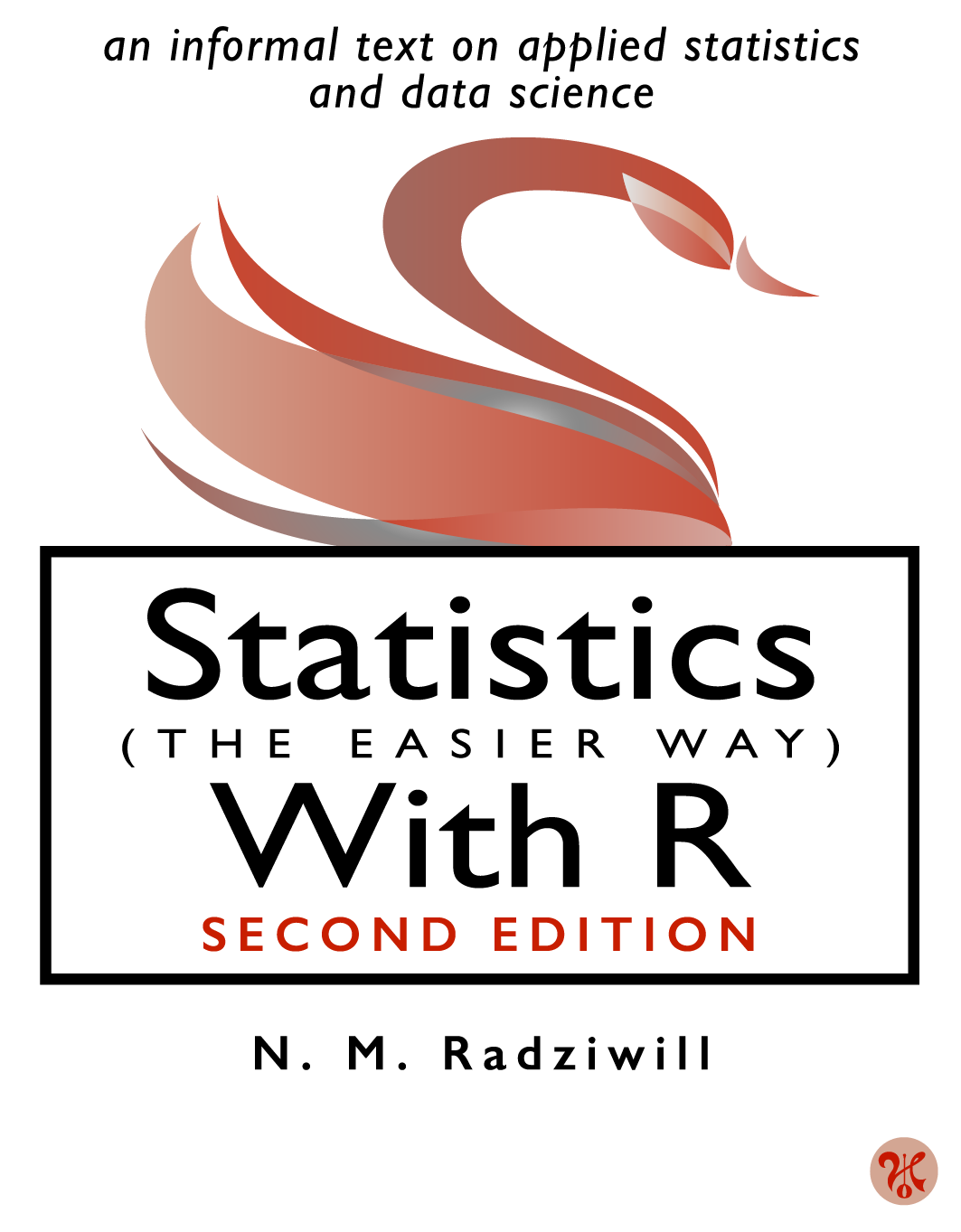 Today I was reading Josh Whiton’s essay, Money is a Neurotransmitter and it reminded me that I needed to share a story of yet another way money has broken our educational system.
Today I was reading Josh Whiton’s essay, Money is a Neurotransmitter and it reminded me that I needed to share a story of yet another way money has broken our educational system.
Since 2009 I have been experimenting with a pedagogy in all of my courses called choose-your-own-grade. In a nutshell, I let students choose their own grade for the course–no strings attached. They don’t have to come to class, read a book, take a test, or do any assignments whatsoever. The only requirement is that they come meet me at the end of the semester and tell me face-to-face what grade they would like for me to report to the registrar.
When I first began this practice, in the spring of 2009, attendance increased and the overall quality of student work soared. Students took full advantage of the freedom to focus on tackling challenges of their own choosing, and in the process became addicted to learning the content and also produced much better solutions than anyone could ever expect from beginning programmers.
This has resulted in some extraordinary projects. Several students have released mobile apps on various app stores in their first-ever programming course. Many, if not most, computing students never release any usable software at all during their college careers. One student used his time to develop a food log application designed for people with eating disorders (to help his girlfriend), rather than the many calorie counters and other diet-support apps that are decidedly unhealthy for people with anorexia or bulimia. That’s not the kind of app that any professor would ever think to put on a syllabus.
Of course, there have always been students who did basically nothing over the course of the semester and then asked for an A. They were a small minority, however, and I believed, a small price to pay for the energy and creativity emanating from their more motivated and disciplined classmates.
Over the years, however, as the word has gotten out that “Benton’s class is an easy A,” the number of students failing to take advantage of this more open format has increased. This spring, it resulted in my having an e-mail exchange with a student that went roughly as follows:
Student: You are the most interesting and intriguing professor I’ve ever had, and I’m never coming to your class again.
Me: That doesn’t make sense. If this is really the best course you’ve ever had, why aren’t you bending over backwards to make it a priority??
Student: Well, I want to get this internship this summer that will really help set me up for getting a job in my chosen field (business), and to do that, I really need to do well in these three other courses. By not coming to your class, I can focus on these other classes, which are honestly less interesting to me, and have the best chance of getting the internship.
Me: Oh.
On the one hand, I totally agree with the student. Given the system of which he was a part, he made a completely logical and practical decision. We had a lengthy exchange of emails in which he fully acknowledged that he understood the calculating and cynical nature of his decision. Ultimately, though, he accepted his role as just a cog in a bigger machine, and was content to carry out his plan.
On the other hand, this is totally stupid!!! Why would we agree to live and work and learn within a system in which the most logical and rational thing to do is to sacrifice your passion and interest for the sake of maintaining your commitment to a path that you, admittedly, don’t like.
To be clear, this was not a case of a student sacrificing his love of poetry or dance or the proverbial underwater basket-weaving to do something more “practical.” I teach computer programming. My students routinely are offered jobs well before graduation with starting salaries of $60,000+ per year plus signing bonuses. The choice was not between art and passion on the one hand and a solid job on the other. The student chose to give up something he liked in order to gain something that would “look good on his resume.”
As a result, I decided not to do choose-your-own-grade this semester, opting instead for a version of Nicole’s highly successful points-accumulation system. I’ll save my feelings about this new system for a future post, but as a preview, I’m having mixed results: more effort, less enthusiasm, less creativity.
The question I’m still stuck with is, how long can we as a society continue to maintain structures that, as Ken Robinson says, ruthlessly squander the creativity of our young people? I’m finding it harder and harder to work within this system.
[P.S. In case you were wondering, the student was successful at getting the internship, so I guess his logic paid off. We had a lengthy discussion about the tradeoffs when he came to ask for his A at the end of the semester. We agreed that the whole thing was stupid, but he left feeling like he had made the right decision, and would likely do the same thing if he had it to do over. Sigh.]








[…] However, if anyone has read any of the posts on my other blog, you’ll see that I believe the current system is an impediment to learning, self-awareness, and our chances of solving big prob…. The current pragmatics of college are a very real and potent obstacle to learning. I’ll save […]